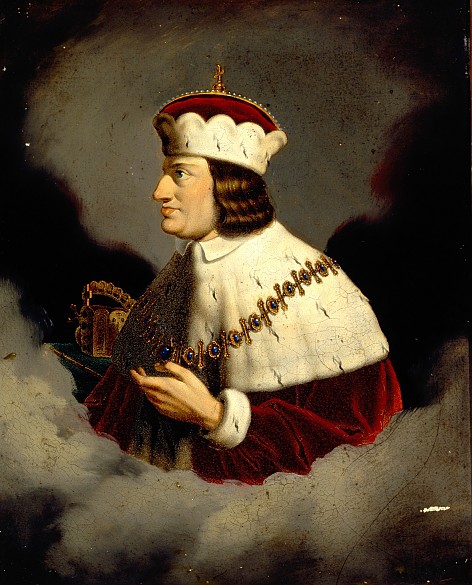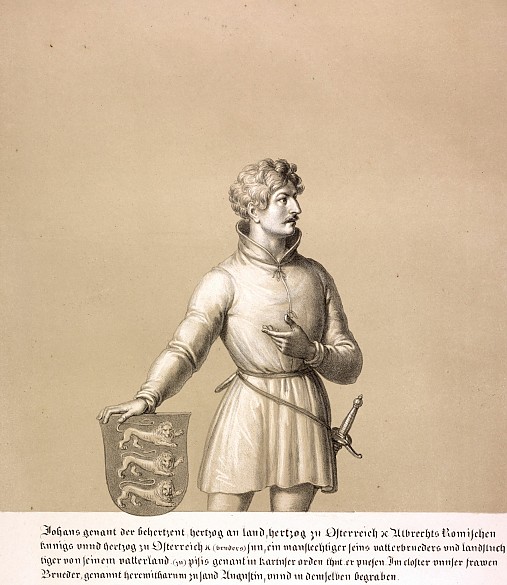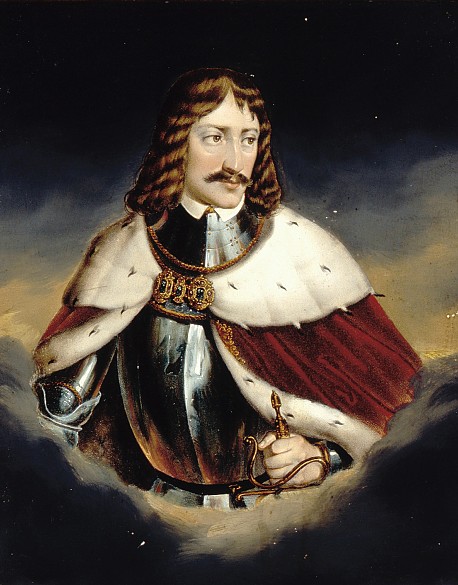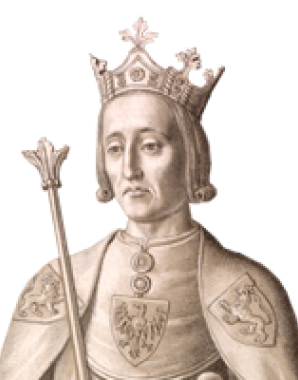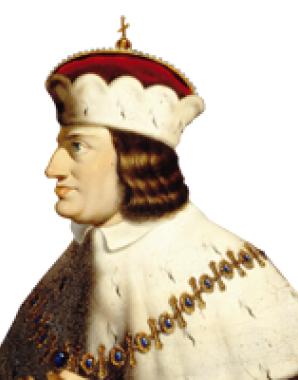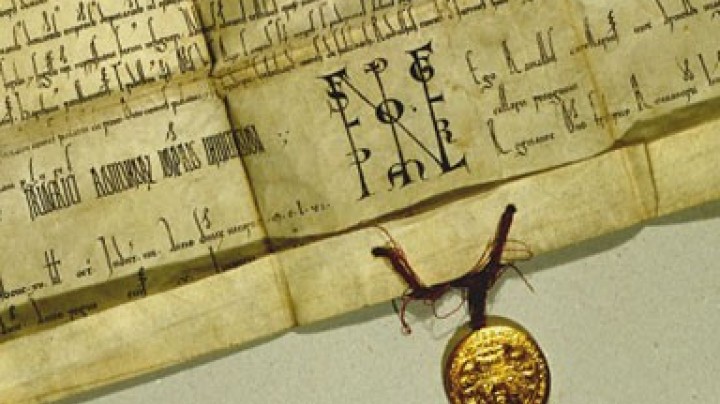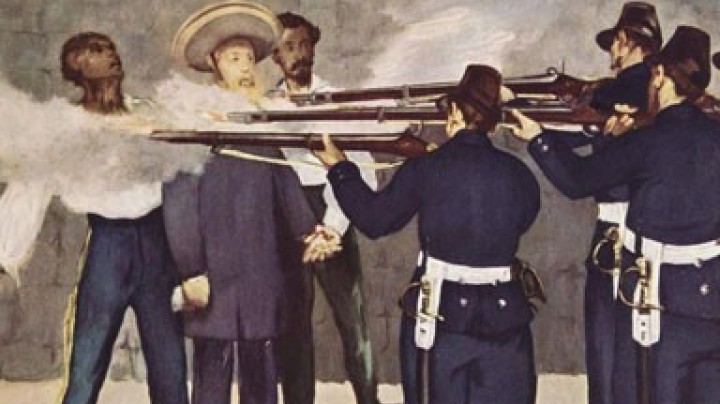A king and his murderer
After his father, Albrecht I was the second Habsburg to become King of the Holy Roman Empire. He was murdered by his nephew.
From 1283, Duke Albrecht, son of King Rudolf I, was the sole ruler of Austria, Styria, Carniola, and the Wendish March (‘Windische Mark’, an area in present-day Slovenia). With the support of his father, he succeeded in consolidating his position of power in all these lands. When he met with opposition from local lords, Albrecht resorted to arms, driving a number of nobles from their homelands, notably the counts of Schaunberg of Upper Austria. He entrusted important posts to allies from the Swabian territories who had followed the Habsburgs to Austria. The first instance of resistance to Albrecht, who rode roughshod over the ancient privileges of the towns and local lords, was in Vienna: in 1287 there was an uprising of the craftsmen. Albrecht took refuge in the castle on the Leopoldsberg to the north of the city until the situation calmed down.
Following the death of his father, Albrecht was unsuccessful in pressing his claim to succeed him as Roman-German King – the Habsburgs had become too powerful for the electors, who voted for Adolf of Nassau. Albrecht was thus forced to lower his sights and apply himself to dealing with further revolts, to which end he moved to Switzerland to consolidate his position there. There was also unrest in Tyrol, Carinthia, and Carniola. In 1295 his position in Austria became critical when he fell seriously ill and the local lords leapt at the opportunity for an uprising. In the following years, however, Albrecht succeeded in settling the situation by military means.
In the meantime, the Roman-German king Adolf of Nassau had fallen ever deeper into difficulties and was deposed by the college of electors in 1298. He then fell in battle against Albrecht, who was subsequently elected as the new Roman-German King.
Albrecht suffered a number of setbacks in the last years of his life. He failed to achieve any enduring success in the competition for the crown of Bohemia and there was unrest in various other areas of the Empire. Albrecht was prevented from taking any important decisions in these matters when his life was brought to a violent end. From 1308 he once again resided in Switzerland – as did his nephew John, who now demanded to enter into his inheritance. When Albrecht declined, putting him off until a later date, the indignant nephew sought swift revenge: on the very same day, with the help of a number of fellow-conspirators, he killed his uncle when out riding. However, Albrecht’s son Frederick the Fair was unable to secure his place as his father’s successor on the royal throne of Germany.
